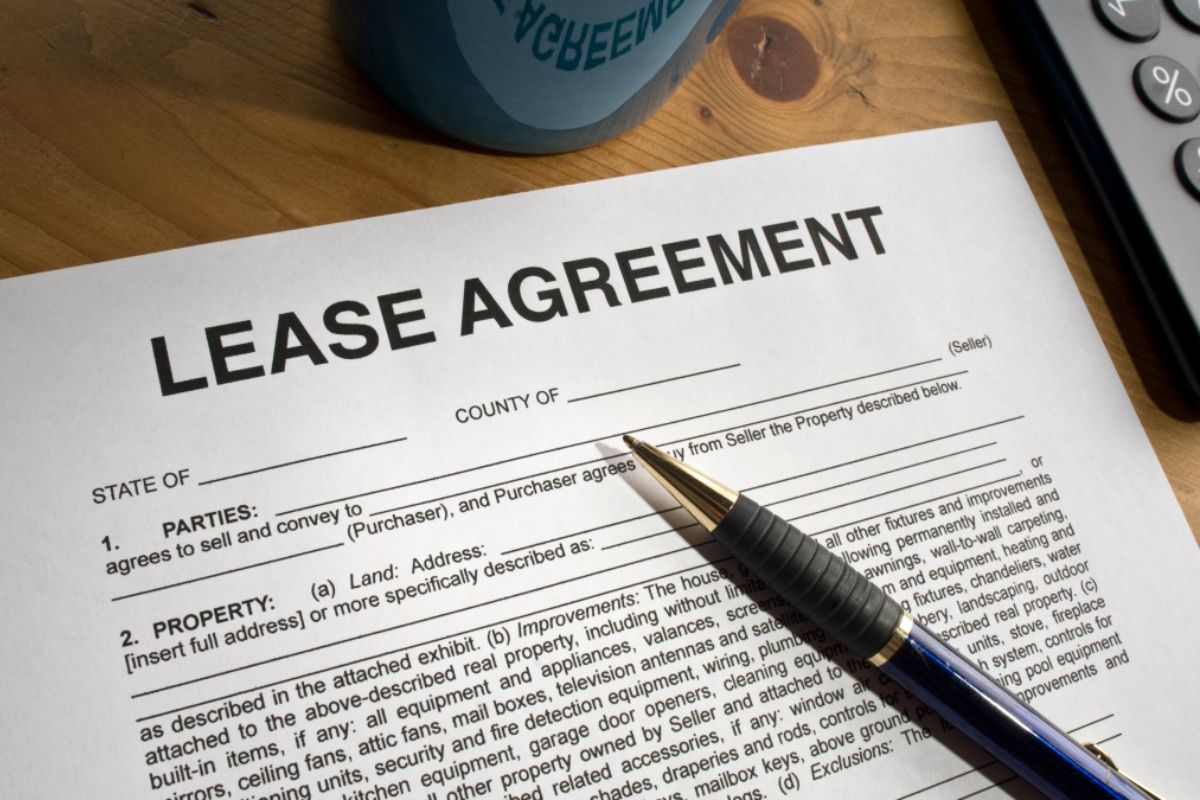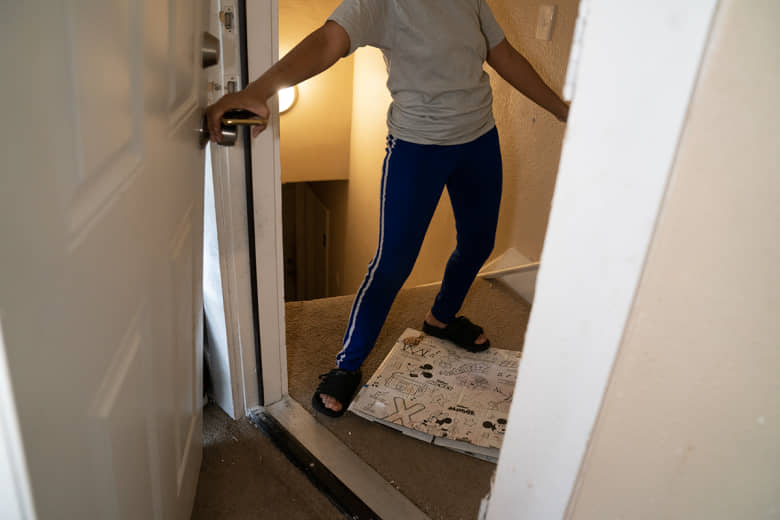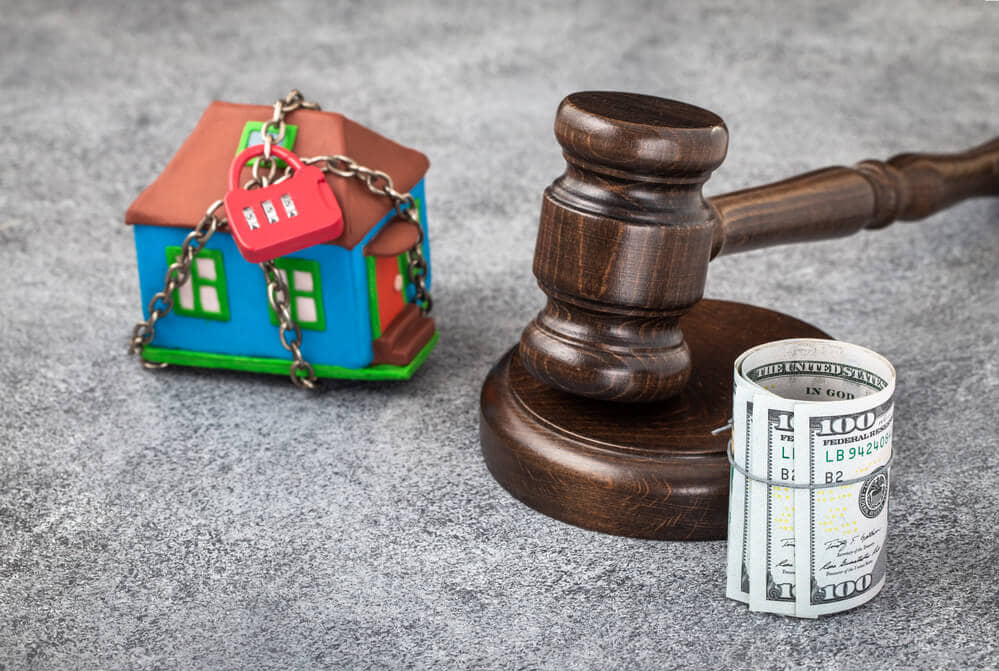As a renter, it is essential to be aware of your rights and responsibilities when it comes to repairs and renovations in your rental property. Landlords have the obligation to maintain their properties, but they cannot simply force you to move out for repairs or renovations without following specific legal procedures.
This article aims to provide a clear overview of the rights and options available to tenants when faced with repairs or renovations initiated by their landlords.
Can My Landlord Make Me Move Out for Repairs?
Landlords generally can't force tenants to vacate their rental units, whether temporarily or permanently, to conduct repairs or renovations during the lease term. Tenants have the right to "quiet enjoyment" of their apartments, which means landlords cannot enter without permission unless specified in the lease agreement. Your lease cannot be changed without your consent.
Related: Who To Call When Your Landlord Won't Fix Things?
Landlord Requests and Tenant Options

While landlords cannot compel you to move, they can make requests for your cooperation in various ways.
Here are some common scenarios and the corresponding options available to tenants:
Ending the Lease Early
Landlords may propose ending the lease early. In such cases, tenants have the right to negotiate the terms, such as the timeframe for moving out, financial compensation, or other arrangements.
It is crucial to have any agreements made in writing, clearly outlining the terms and conditions.
Temporary Relocation
In certain situations, landlords may request tenants to temporarily move to another unit within the property while repairs or renovations are taking place.
Tenants have the right to consider this option and negotiate the terms, including the duration of the temporary move and any associated expenses.
Permanent Relocation
Landlords might suggest permanent relocation to a different unit within the property. If tenants are open to this option, it is essential to have all details documented in writing, such as the reasons for the move, the new unit's specifications, and any promises made by the landlord.
Occupying the Unit During Repairs
In some cases, landlords may propose discounted rental rates while repairs or renovations are being carried out, allowing tenants to remain in the apartment.
If tenants agree to this arrangement, it is crucial to have the terms clearly outlined in writing, including the scope and duration of the repairs, the reduced rental amount, and any additional agreements made.
Protection Against Retaliation
Under the law, landlords are prohibited from retaliating against tenants who refuse to move out for repairs or renovations during the lease term. Retaliation includes actions such as rent increases, eviction attempts, utility shut-offs, or any interference that disrupts the tenant's rights.
Tenants should be aware of their rights and seek legal assistance if they face retaliatory measures.
Eviction for Repairs or Renovations
Eviction solely for the purpose of conducting repairs or renovations is generally not a valid reason for landlords. If tenants suspect that their landlords are attempting to force them out of their apartments under the guise of repairs or renovations, they can present a defense.
Examples of defenses include proving that the landlord forced them out without a legal eviction order or changed the locks before the lease term ended, solely for the purpose of repairs or renovations.
Lease Renewal and Repairs
Landlords have the right to refuse lease renewals for various reasons, including the tenant's refusal to allow repairs or renovations. However, proper notice must be provided to tenants regarding the non-renewal of their lease, allowing them sufficient time to make alternative housing arrangements.
FAQs about Can My Landlord Make Me Move Out for Repairs
Can my landlord force me to move out of my rental unit for repairs or renovations?
No, your landlord generally cannot force you to move out of your rental unit for repairs or renovations during your lease term. As a tenant, you have the right to "quiet enjoyment" of your apartment, which means your landlord cannot enter without permission unless specified in the lease agreement. Your lease cannot be changed without your consent.
What options do I have if my landlord requests that I move out temporarily for repairs or renovations?
If your landlord asks you to temporarily relocate during repairs or renovations, you have the right to consider this option. You can negotiate the terms with your landlord, including the duration of the temporary move and any associated expenses. It is important to have any agreements made in writing, clearly outlining the terms and conditions.
Can my landlord evict me solely for the purpose of conducting repairs or renovations?
Eviction solely for the purpose of repairs or renovations is generally not a valid reason for landlords. If you suspect that your landlord is attempting to force you out of your apartment under the guise of repairs or renovations, you may have legal defenses.
These defenses could include proving that your landlord forced you out without a legal eviction order or changed the locks before the lease term ended, solely for the purpose of repairs or renovations.
What protections do I have against retaliation if I refuse to move out for repairs or renovations?
Under the law, landlords are prohibited from retaliating against tenants who refuse to move out for repairs or renovations during the lease term. Retaliation may include actions such as rent increases, eviction attempts, utility shut-offs, or any interference that disrupts your rights as a tenant.
If you face retaliatory measures, it is advisable to seek legal assistance to protect your rights.
Can my landlord refuse to renew my lease if I do not allow repairs or renovations?
Landlords generally have the right to refuse lease renewals for various reasons, including if you refuse to allow repairs or renovations. However, they must provide proper notice regarding the non-renewal of your lease, giving you sufficient time to make alternative housing arrangements.
Conclusion
As a tenant, it is crucial to understand your rights and options when it comes to repairs and renovations initiated by your landlord. While landlords cannot force you to move out, they may request your cooperation through various means.



![Roaches In Apartment Law [Updated 2023]](https://www.allinfohome.com/storage/photos/63f329cf87bfe39c38006c42/Roaches In Apartment Law.jpg)

